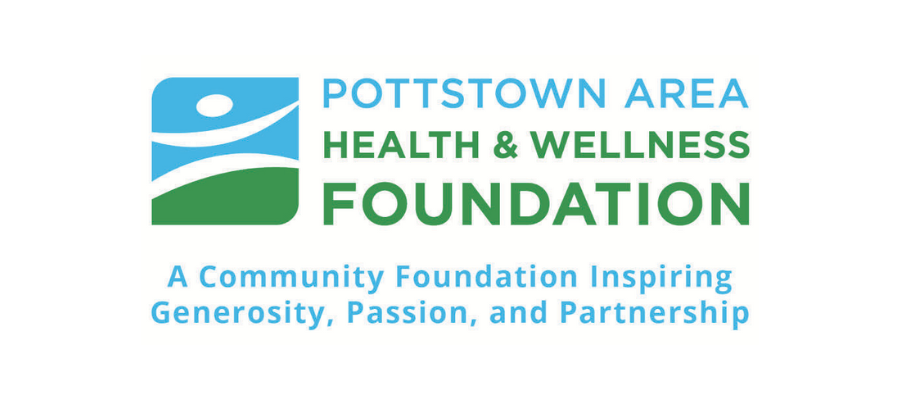Healthy Aging Month: Run (a little) for a longer life.
While running isn’t the only way to keep your heart healthy, for weekend warriors and moderate everyday athletes, it is one of the most accessible. To reap the cardiovascular benefits of running, all you need is an inexpensive pair of quality running shoes and a track, trail or treadmill.
But how far or how long do you actually have to run to reap the benefits?


The good news is you don’t have to be an ultra-marathoner to improve your health. The better news is according to a review of studies on running, five or six miles per week (not per day, per week!) is all it takes to reap the benefits of running, which include:
- Weight loss
- Lower blood pressure and cholesterol
- Lower stress and average blood sugar levels
- Improved energy, stamina, mood, and sleep
- A lower risk of certain cancers and cardiovascular disease
- Increased muscle mass, strength, endurance and balance
If you’re new to running, here are few tips to keep yourself free from injury.
- Start slow; it’s okay to start out by alternating between running and Let yourself build up your endurance.
- Listen to your body, cross-train with some biking, hiking or swimming. Or, take a day off and let your body recover. Working up to a steady routine takes time, don’t overdo it.
- Use appropriate gear.
- Stretch after you run; if you’re really sore, foam roll or self-massage the most tender areas.
If you experience persistent pain, consult your doctor for further evaluation. For more information on how to live longer and make it count, be sure to check out our eBook, Healthy Aging: Planning to Live Your Best.
